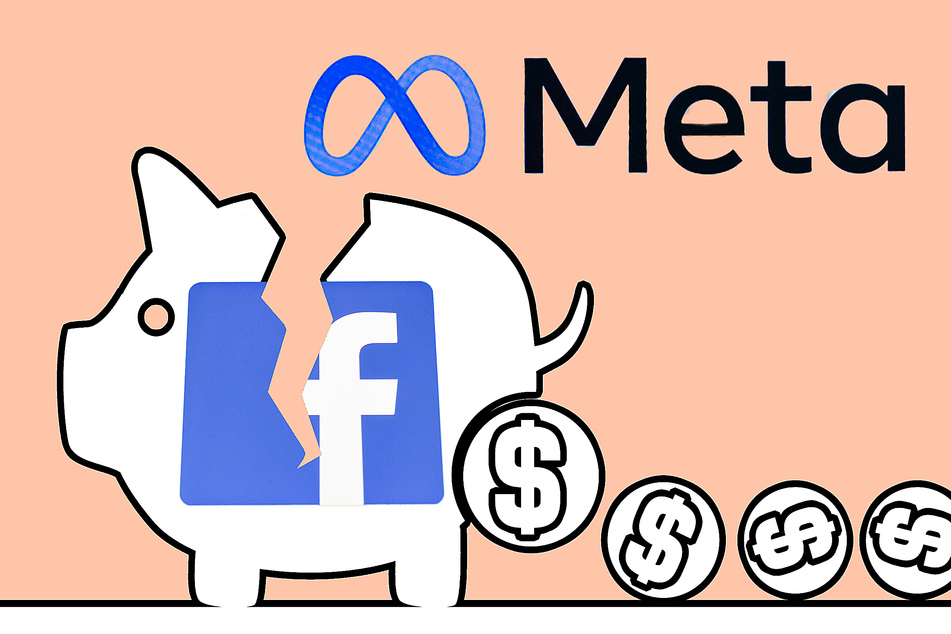Meta's mega rebrand is leaking like a sieve
Menlo Park, California - Mark Zuckerberg must really believe that a digital reality world is somehow better, because the decision to turn Facebook into Meta has not come cheap.

Since rebranding to Meta, Zuckerberg's company is breaking the bank, and has lost the equivalent of $500 billion in value, according to New York magazine.
Earlier this month, Meta stock suffered a lurching drop that wiped more than $230 billion from its market value. Its losses were so hefty on the one day of diving stock that it pulled down other tech stocks with it.
Sure, Meta reported a $39 billion profit in 2021. But the once rich rivers of user data are drying up, as Apple has already added tracking blockers and Google is expected to follow suit – making it harder for Facebook and its advertisers to track consumers’ online behavior. It's resulted in huge ad revenue losses for Meta, to the tune of at least $10 billion, the company confirmed.
Yet, that isn't where the overall money leakage ends, thanks to funding for the updated gear and necassary software to make Zuckerberg's "metaverse" vision come true.
However, no matter how hard Meta tries to sell it – to both the public and its own employees – the metaverse still looks like a sad replacement for the real world.
Plus, the company already has plans to monetize the virtual realm to the fullest extent, guaranteeing that the worst parts of Meta's products – namely ad-targeting and selling user data – will still show up in the new alternate reality the company is peddling.
And yet, the company has continued to dump money into its new ventures, one of which might be the best example of how twisted Zuckerberg's cyber-fantasy has gotten: a Meta VR headset commercial that aired during this year's Super Bowl.
The singular ad spot likely cost the company over $7 million, but perhaps was even more costly to the already wonky concept of the metaverse and its intended user.
The video paints a depressing vision of whom the metaverse is for: forgotten furries who have been disregarded by society and find joy once again in trying to connect with old buddies in the virtual world and re-live their glory days.
It seems to say that, at the end of the day, the company offers a pitiful caricature and faux replacement of real life for those who want to escape from an utterly bleak existence as a washed-up has-been.
It looks like Meta is not only giving up on its original Facebook and Oculus brand names, but also on astronomical profits to pursue what seems like a dystopian train to Sad Town.
Cover photo: Collage: IMAGO/Panthermedia, photothek, & NurPhoto